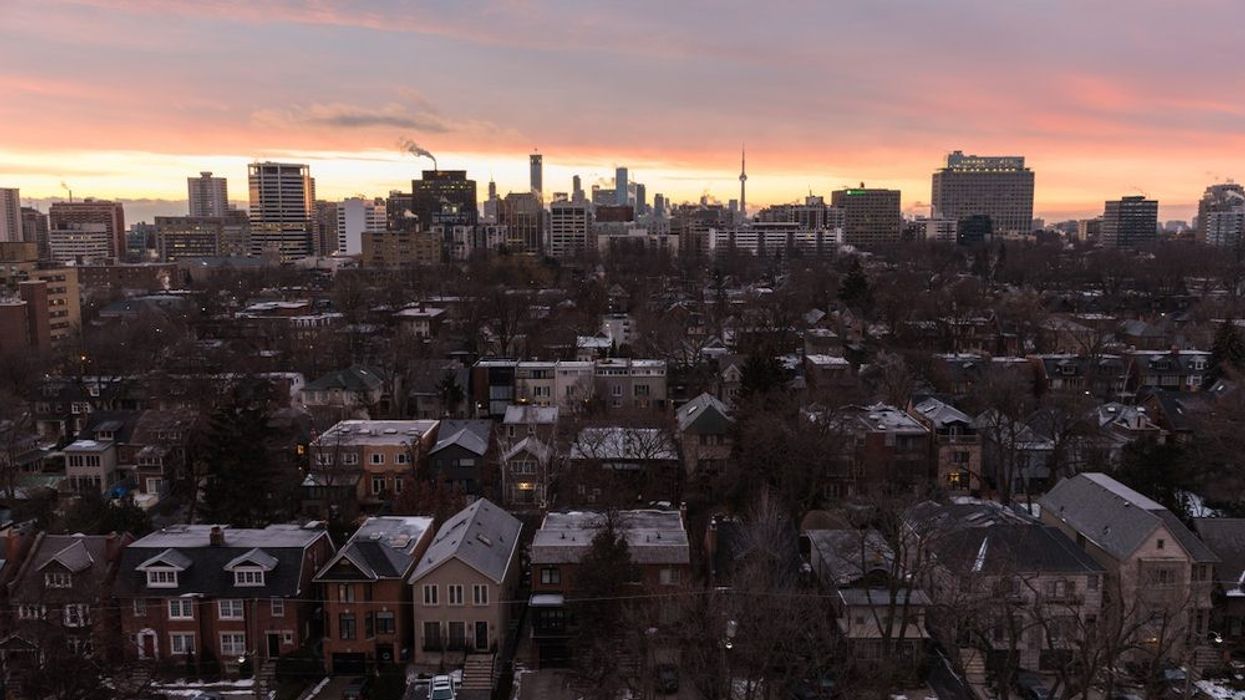The Government of Canada and the Federation of Canadian Municipalities (FCM) are directing their dollars to support energy efficient affordable housing across the country.
In a climate of aging housing stock, rising energy costs, and increasing demand for affordable housing, the move is a much-needed step in the right direction.
FCM's Sustainable Affordable Housing (SAH) initiative, created in partnership with the Government of Canada in 2019, helps housing providers retrofit existing units for higher energy performance or build new affordable housing to net-zero standards, lowering greenhouse gas emissions and supporting municipalities in achieving their broader climate change objectives in the process.
The SAH initiative assists municipal providers, not-for-profit organizations, or housing cooperatives with grants, loans, and capacity-building resources to support ambitious energy-efficiency standards in the construction and retrofitting of affordable housing.
"Good housing builds healthy communities that are economically and environmentally sustainable, and socially vibrant. Canada's ongoing transition to a low-carbon economy requires innovative and affordable housing solutions that create jobs and climate resilience while making life more affordable through saved energy costs,” said The Honourable Steven Guilbeault, Minister of Environment and Climate Change.

The SAH initiative is investing $1,701,030 in 16 plans, studies, and pilot projects to support the building or retrofitting of 16,753 units in communities across Canada.
In Toronto, the Jane Tweed Treatment Centre (Palmerston House) will receive $77,870 to review retrofit and new-build possibilities to expand and improve its housing portfolio to 15 units. The Toronto Community Housing Corporation will receive two grants of $128,800 each for energy audits towards a portfolio-wide upgrade of its aging buildings.
Meanwhile, Wellesley Central Residence Inc. will receive $25,000 for a plan to retrofit a 100% rent-geared-to-income 112-unit building. Birch Housing in Toronto, Newmarket, Oshawa, and London will receive $25,000 for a portfolio-wide utility analysis and benchmarking study and stakeholder engagement. Additionally, The King’s Daughters and Sons Apartments Incorporated in Ottawa will receive $24,000 for deep energy retrofit plan.
In Vancouver, the Brightside Community Homes Foundation will receive $175,000 to validate targeted energy use in the redevelopment of a site to a more accessible multi-unit residential building that will mostly serve seniors. Also in Vancouver, the Unity Center of Practical Christianity will receive a $25,000 planning grant to identify opportunities to redevelop an existing site into affordable rental units for the broader community.
"Municipalities are on the front lines of climate change and climate action, and communities of all sizes are showing climate leadership at a time when we need it most,” said Joanne Vanderheyden, President, Federation of Canadian Municipalities. “GMF empowers them to get results on the ground, this is why this announcement is so important. We deliver results with our federal partners--helping cities and communities tackle affordable housing challenges, create jobs and build a greener, more sustainable country. Together, we're on the path to net-zero."
The Government of Canada endowed the $300 million Sustainable Affordable Housing initiative as part of a $950 million expansion of FCM's Green Municipal Fund (GMF) in Budget 2019. In its first year of funding, in 2020-2021, the SAH initiative approved funding for 33 projects, representing more than 3,000 units.
Of course, it's not just affordable housing units that are undergoing energy efficient retrofits; everyone from homeowners to long-term care providers and office building landlords have gotten on board. Offering incentives to do so, Canadians who renovate their homes to become more energy efficient can receive up to $5,000 from the government as part of the Canada Greener Homes Grant, which was announced in May. Then, in July, the City of Toronto approved a bold strategy to reduce greenhouse gas emissions from existing buildings and updated its Toronto Green Standard.





















